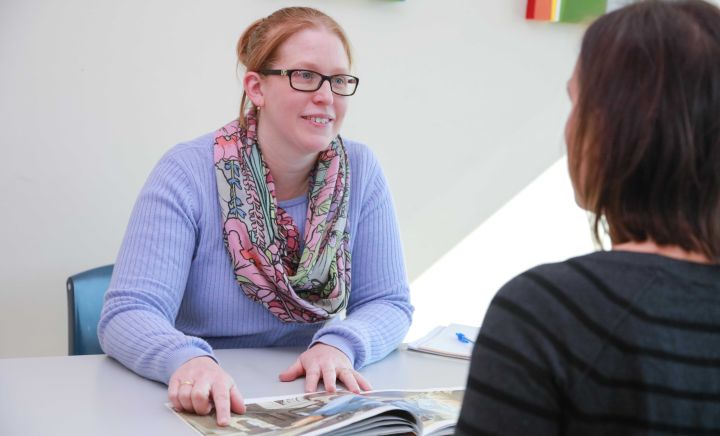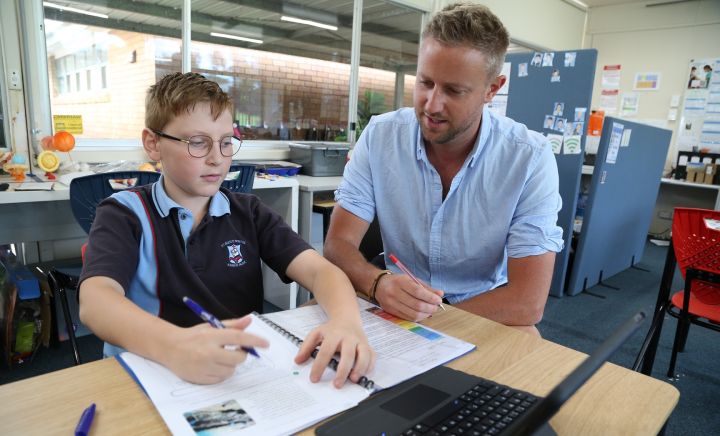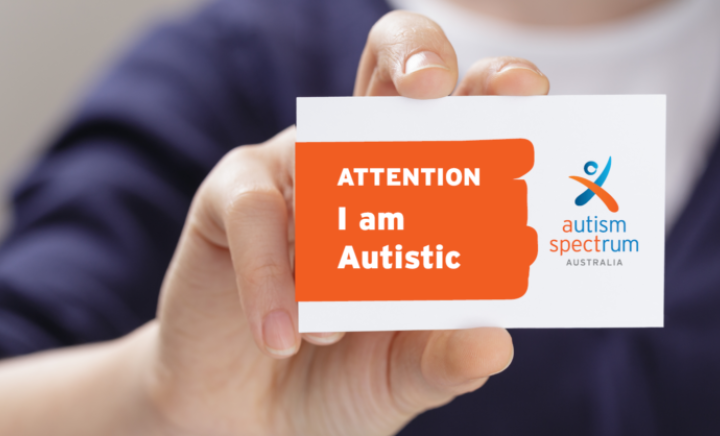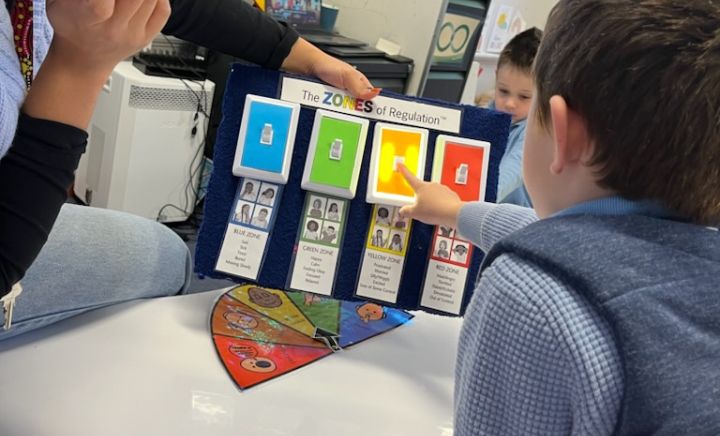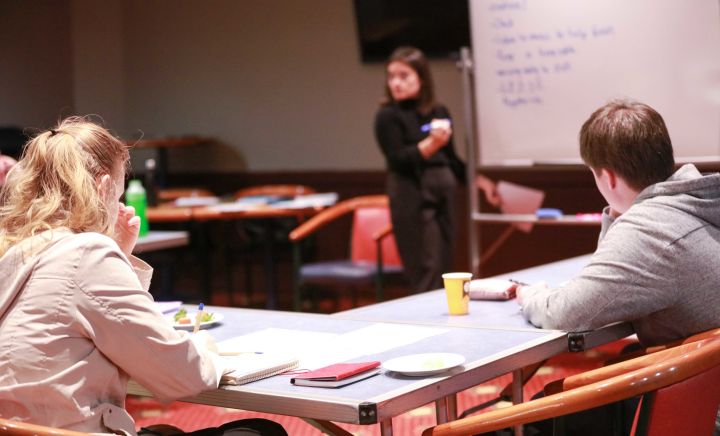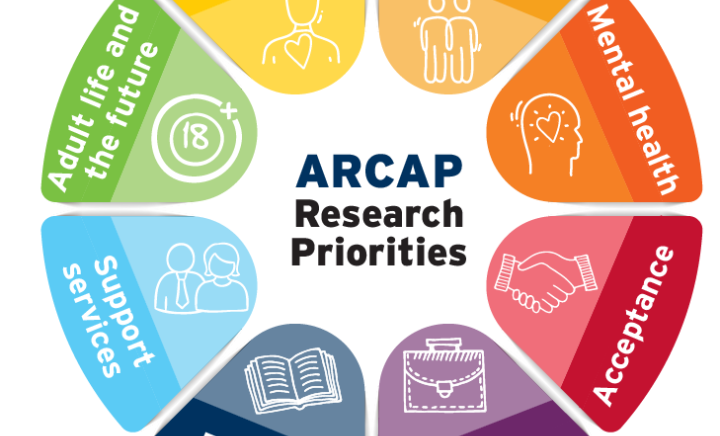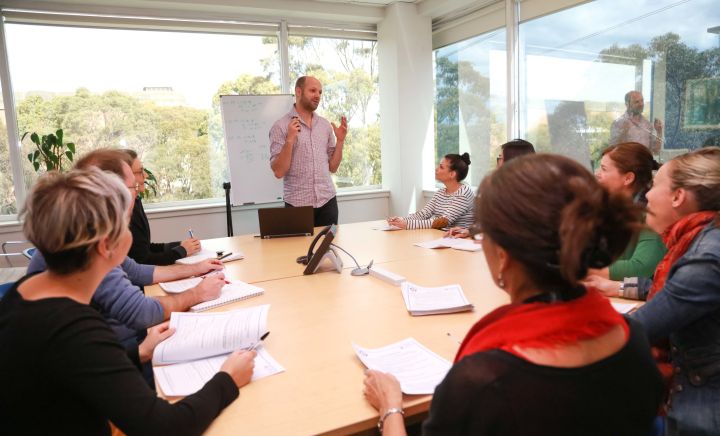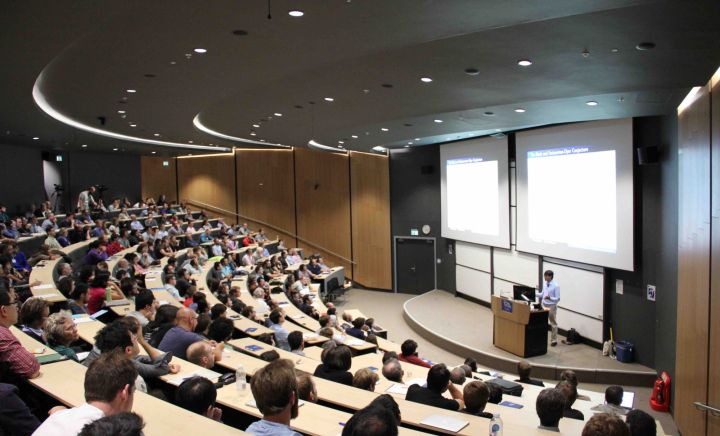At Aspect, we’re continually working to improve our services and approaches to supporting people on the autism spectrum and their families, by applying the latest knowledge and evidence available and evaluating our services and programs for best practice.
To help us do this, we have our own dedicated team of researchers at the Aspect Research Centre for Autism Practice. The team works with Autistic people and their families as well as practitioners to identify real-world issues and conduct research to accelerate timely solutions that improve the everyday lives of people on the autism spectrum.
Latest projects
Self-compassion programs
Output and impact
ARCAP’s research delivers impact across a broad range of services including autism assessment, autism therapy, childhood supports, schools, transition to adulthood, employment, community engagement and ageing
We partner with Autistic people and their families and autism practitioners to conduct research that informs Aspect’s work and aligns with the research priorities of Autistic people. Our work is published in peer-reviewed journals and disseminated widely through our networks. Our research is translated into evidence-informed practices that are respectful and meaningful to Autistic people.
Better education for Autistic students

School can be challenging for Autistic students and their families. Researchers at ARCAP help create better learning environments for students attending autism schools, mainstream schools and Australia’s first autism-specific distance education program. We find out what practices work and partner with educators to design programs that help students fulfil their own individual learning goals.
Improving school-wide Positive Behaviour Support

Positive Behaviour Support (PBS) strategies that are adopted school wide help educators set clear expectations that support students to learn and thrive at school. We surveyed educators from Australian autism-specific schools to find out their views and experiences of school-wide PBS and identify areas for improvement. Read more
Enhancing distance education

Traditional schooling is not always the best fit for Autistic students and their families. Some parents opt for distance education. We asked students, parents and teachers involved in Aspect’s distance education program what is working and what can be improved. Read more
Developing new ways to learn
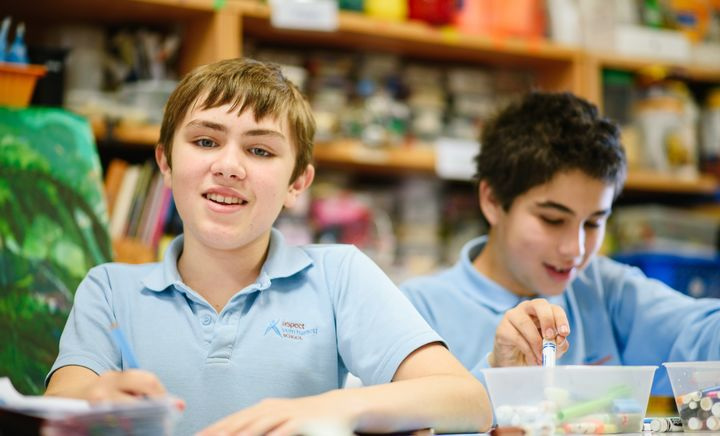
Autistic adults have poorer educational, employment and quality of life outcomes than non-Autistic adults. A strengths-based approach to education may better equip Autistic students to transition into adult life. Our research is helping educators develop programs that take into consideration the strengths of Autistic students. Read more
Bettering learning outcomes
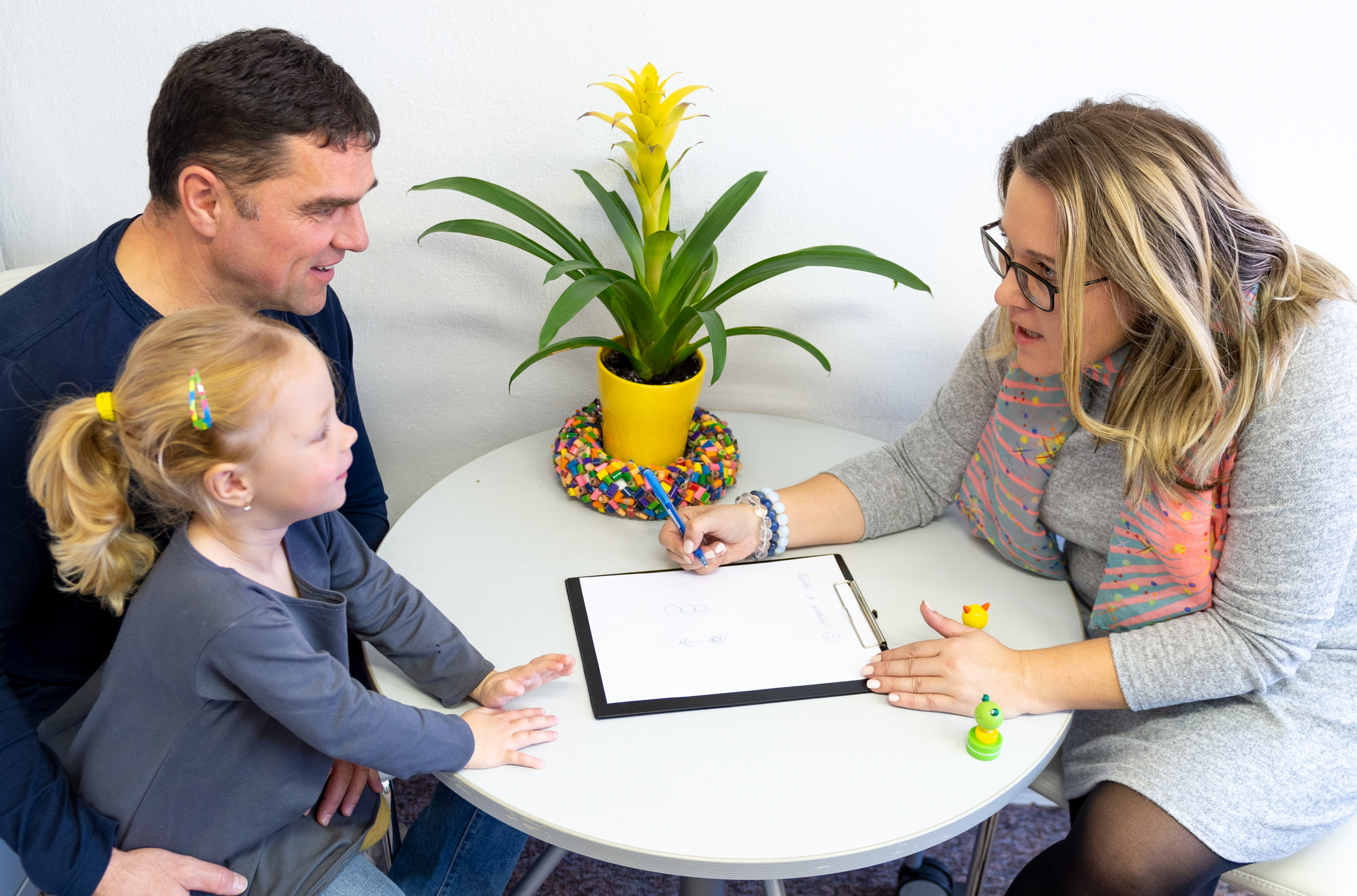
COMPASS is a model widely used in the USA to develop individualised learning objectives and evidence-based teaching plans to help Autistic students reach their full potential. Our research found that adopting the COMPASS program resulted in students making greater progress towards achieving their learning goals. Read more
Increasing teachers' confidence

Teachers often do not have time to explore new teaching practices. This Autism CRC flagship project developed a suite of teaching resources and strategies for educators who teach diverse learners. All the resources can be easily accessed via the online platform, inclusionED. Teachers who participated in the project reported improved confidence in teaching Autistic children. Read more
Measuring the effectiveness of Google Classroom
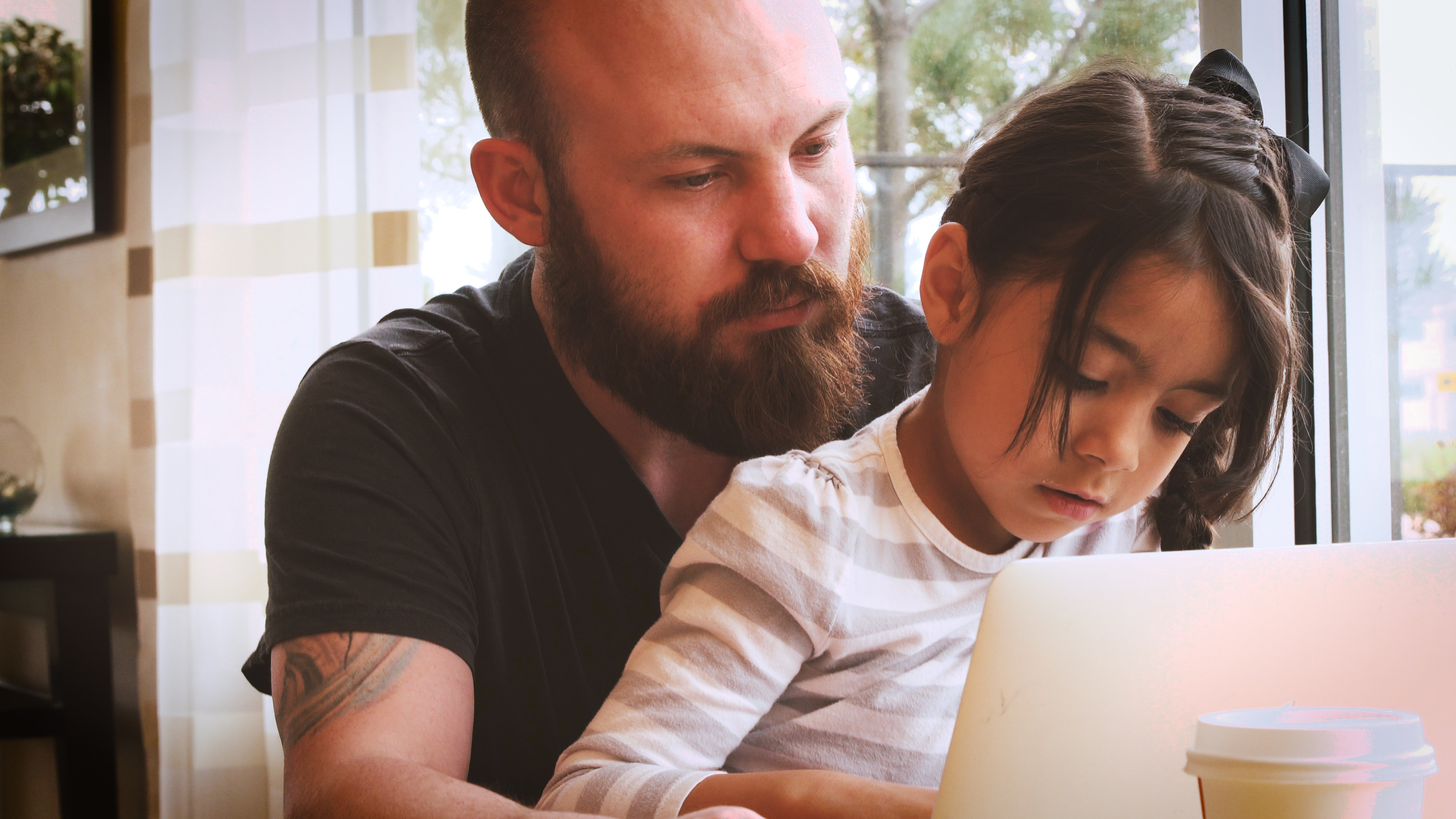
During the COVID-19 pandemic, Google Classroom was the primary tool used in Aspect schools to support remote learning. Our research showed teachers and parents of students were extremely positive and in support of Google Classroom. However, participants also said it is important to provide training, support and an alternative for those students and families who are not able to use Google Classroom effectively. Read more
Supporting education at home
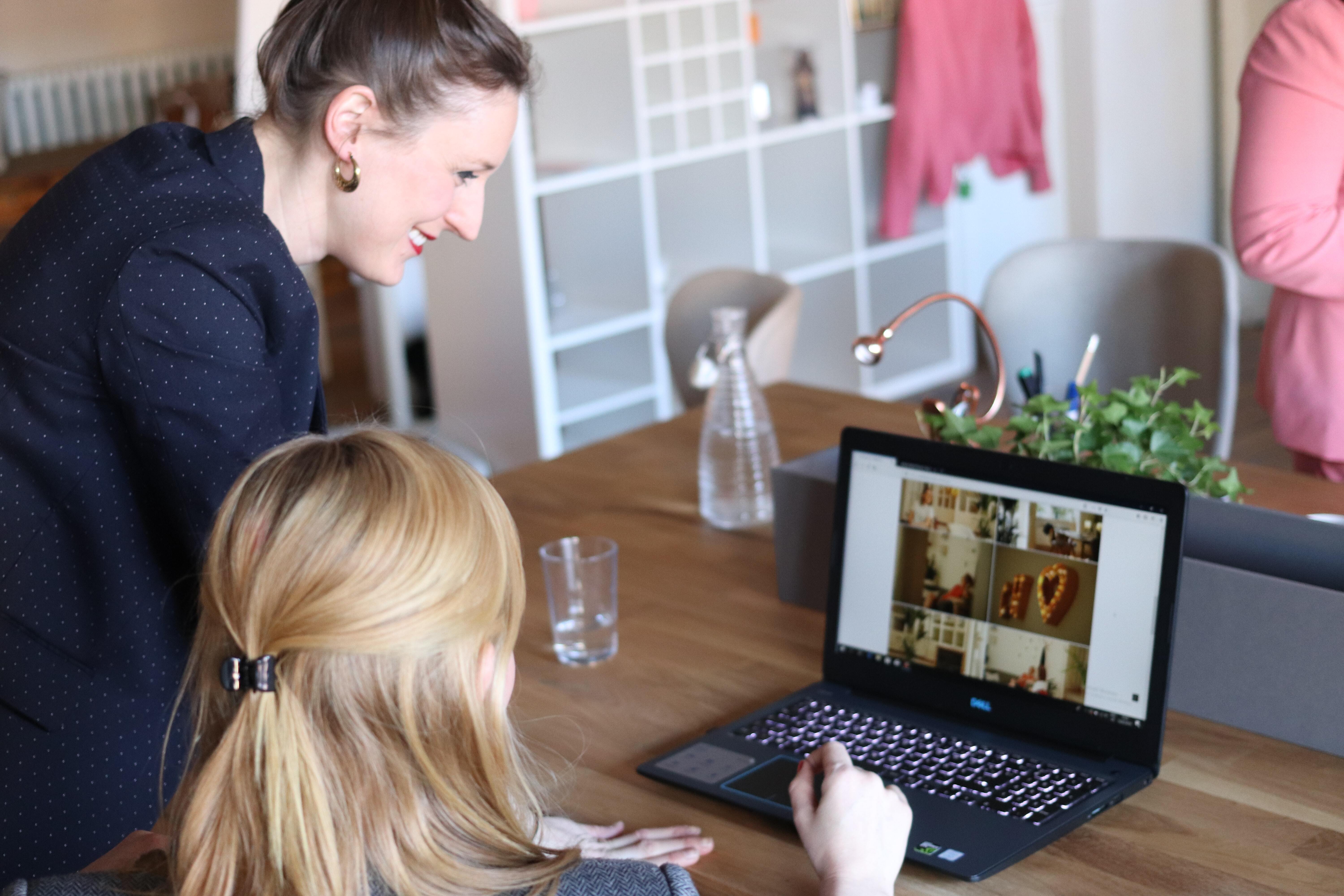
Aspect often receives requests from parents who are educating their child on the autism spectrum at home about where to access appropriate educational resources and supports. We surveyed families to find out more about their experiences of home education. The findings informed the development and delivery of Aspect services and resources. Read more
Improving emotion-based social skills

In collaboration with the Children’s Hospital Westmead, we are investigating whether the Westmead Feelings Program – a therapy program to teach social and emotional skills to children – is an effective and feasible way to help children in specialist autism schools to improve their emotional competence, social skills, and mental health symptoms. Read more
Empowering and supporting Autistic people to thrive
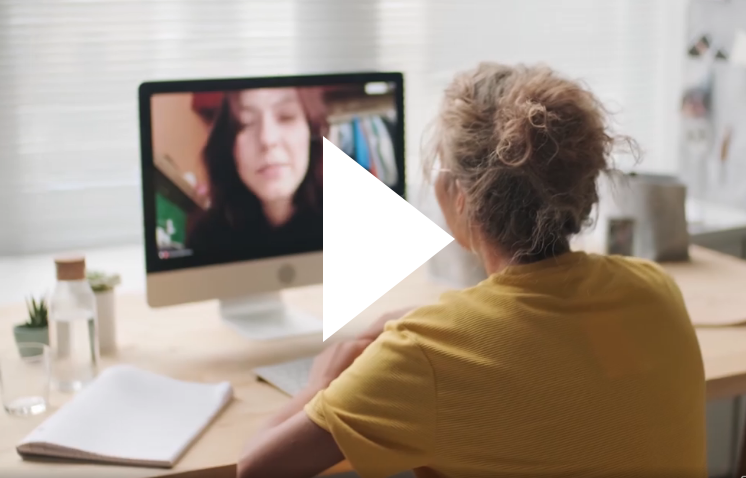
To thrive in life, we need to feel positive, embrace learning, connect in meaningful ways and be resilient.
Our research helps build evidence-informed foundations and supports for Autistic people of all ages to develop the skills and capacities to thrive in life.
Learning to be self-compassionate

Self-compassion is being kind and gentle to ourselves. Our research found Autistic adults experience lower self-compassion than non-Autistic adults. ARCAP has developed the Aspect Self-compassion Program for Autistic Adults (ASPAA) to help Autistic people improve their self-compassion, emotion regulation and mental health. We conducted a pilot study involving 39 Autistic adults and found that after completing ASPAA the overall self-compassion of participants improved. A clinician version of ASPAA has also been developed for therapists and mental health workers to support Autistic clients on their self-compassion journey.
Making disclosure decisions
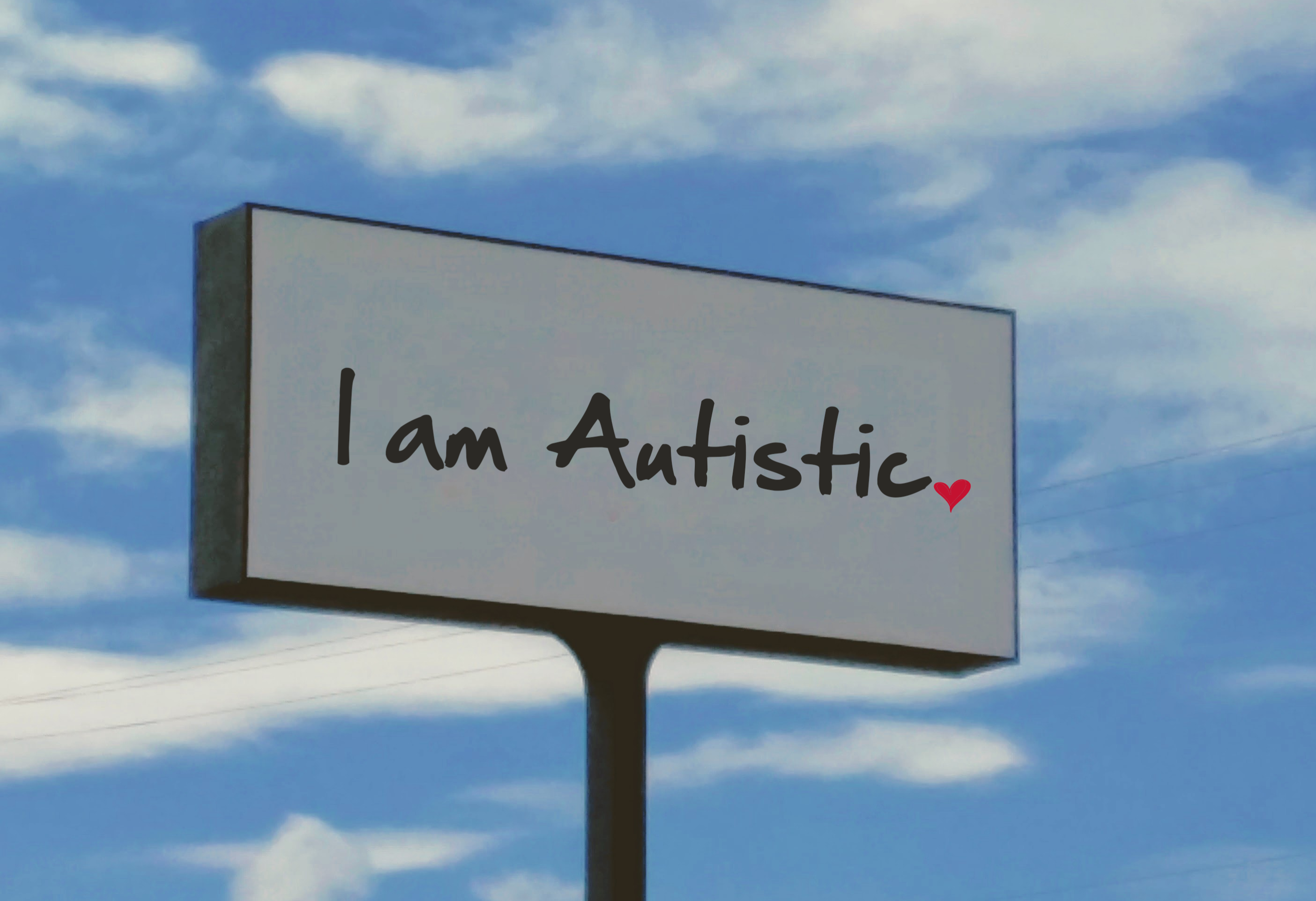
Deciding whether or not to tell someone you are Autistic is a complex decision. ARCAP’s world-first study investigated the real-time disclosure experiences of Autistic adults. We used this information to design guides to help Autistic people make informed decisions about whether or not to disclose. Read more
Identifying the research priorities of Autistic people

To ensure we provide the best opportunities for people on the autism spectrum, we asked Autistic people and their families about what matters most to them to have a good life, and the issues that may prevent them from having a good life. We identified eight research priorities that are being used to underpin ARCAP’s research agenda and ensure that our work is respectful and relevant to Autistic people. Read more
Supporting development of strengths and talents

The strengths and abilities of Autistic students may be overlooked by teachers. This can hinder students during their school years and may affect their quality of life as adults. We asked Autistic adults who are also gifted and /or talented about what helped and hindered the development of their skills. This study will inform autism programs that focus on the inclusion of strengths. Read more
Improving accessibility to Positive Behaviour Support
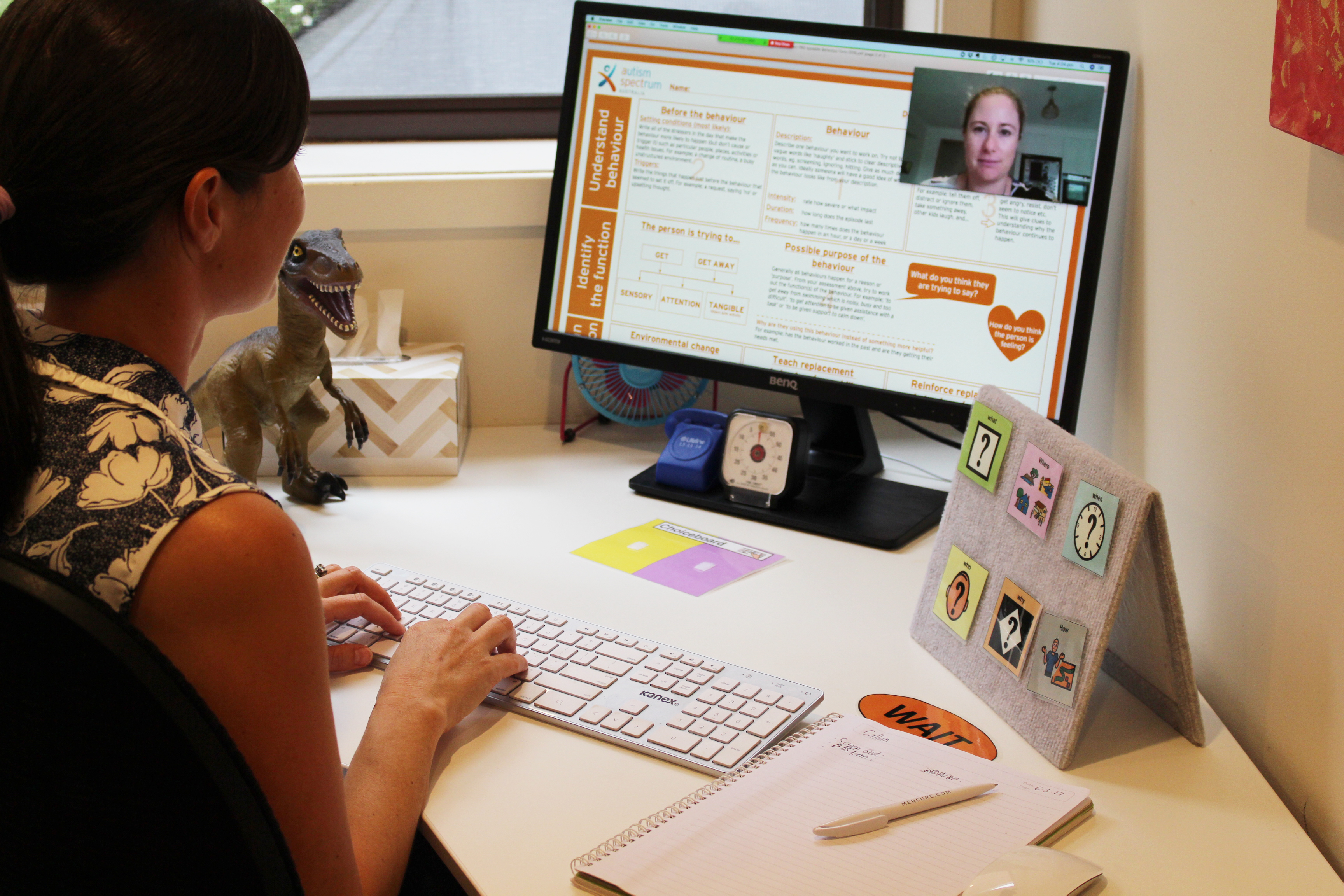
Positive Behaviour Support delivered using video conference technology or telepractice (tele-PBS) can support Autistic children in remote locations. Our research compares the experiences and outcomes of children using tele-PBS and face-to-face PBS. Findings from this study also informed the development of resources for behavioural therapist who deliver PBS via telepractice. Read more
Exploring independent living

Only one in six Autistic adults live independently– a rate lower than adults with other disabilities. Autistic adults told us that living independently is important to them, however they require support to develop daily living skills, choose the right place to live and manage the organisational requirements of living independently. Read more
Measuring the effectiveness of telehealth assessments

In response to the COVID-19 pandemic, Aspect introduced an online telehealth delivery model to conduct diagnostic assessments for autism. The project provided information about the suitability of telehealth assessments from the perspectives of Aspect clinicians, Autistic adults and parents of Autistic children. Read more
Identifying difficulties during the COVID-19 pandemic

ARCAP joined an international collaboration of more than 60 researchers in a project to investigate how Autistic people, people with special needs and their families across the world coped with the COVID-19 pandemic. The findings helped build an evidence base of the needs of Autistic children and their families during crises. Read more
Exploring lived experiences and creating a sense of belonging
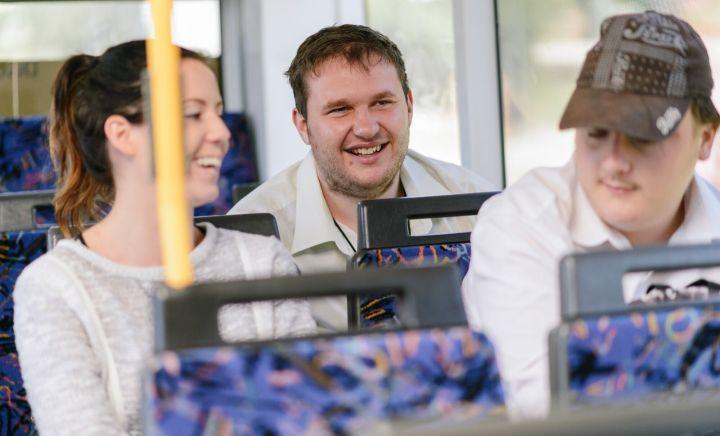
Understanding and giving voice to people on the autism spectrum about their everyday life experiences is key to Aspect’s work. These studies gave adults and adolescents on the autism spectrum an opportunity to have their say about the awareness, services and support they need to achieve their goals and aspirations, and have since informed the development of Aspect’s services. The project was extended with the publication of the book Shining a Light on the Autism Spectrum: Experiences and Aspirations of Adults. Read more
Investigating teletherapy

Autism services are very limited in rural and remote areas of Australia. We investigated whether teletherapy could be an effective way to provide support and professional development for therapists in hard to reach locations, and to deliver autism therapy services to children living in these locations. Read more
Engaging fathers using text messaging

This research study, led by Positive Partnerships, investigated if it is feasible and acceptable to engage fathers of children on the autism spectrum in a text-based intervention that is designed to reduce parenting stress, enhance parenting self-efficacy and enhance co-parenting competence. Positive Partnerships used the findings from this project to inform how we interact and engage with fathers. Read more
Creating a more inclusive world
For Autistic people, performing daily tasks and taking part in the community can be challenging. By carefully listening to the experiences and perceptions of Autistic people and their families, researchers at ARCAP find new ways to increase community understanding of autism and create a more inclusive world.
Making sports accessible and inclusive

This study found a glaring unmet need and a strong desire within the Autistic community for more accessible and inclusive opportunities for physical activities. New insights about the barriers and facilitators will be used by Aspect Autism Friendly to help sporting organisations and groups create better opportunities for Autistic individuals to enjoy the benefits of physical activity. Read more
Tuning in to online conversations about autism disclosure

More than 3100 online posts about autism disclosure were analysed to find out people's perspectives and experiences. The findings emphasise the dire need to increase autism knowledge across employers, healthcare, and the general population. The study also highlighted Autistic people's need for more support in navigating potentially life-changing disclosure decisions. Read more
Improving interactions with police
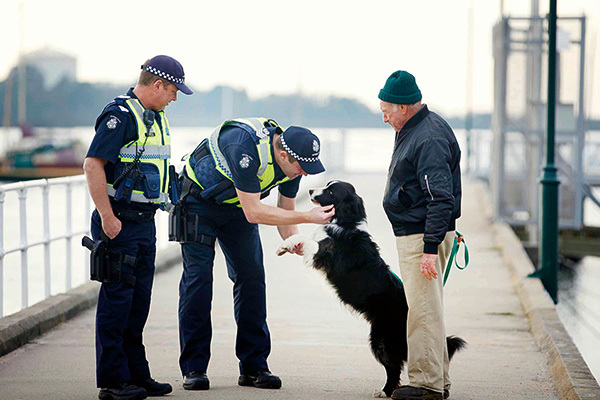
Autistic people are more likely to interact with police than non-Autistic people. We asked Autistic adults and parents of Autistic children to share their lived experiences so we could learn more about when, why and how interactions with police occur. ARCAP’s research led to the development of an autism training module that is being used by a number of police forces across Australia. Read more
Making banking more autism friendly

There are low rates of bank use among Autistic youth, which indicates low levels of financial independence. We asked Autistic adults what helps and hinders their use of financial services. This information can assist banks to create more autism-friendly services and products. Read more
Creating inclusive beaches
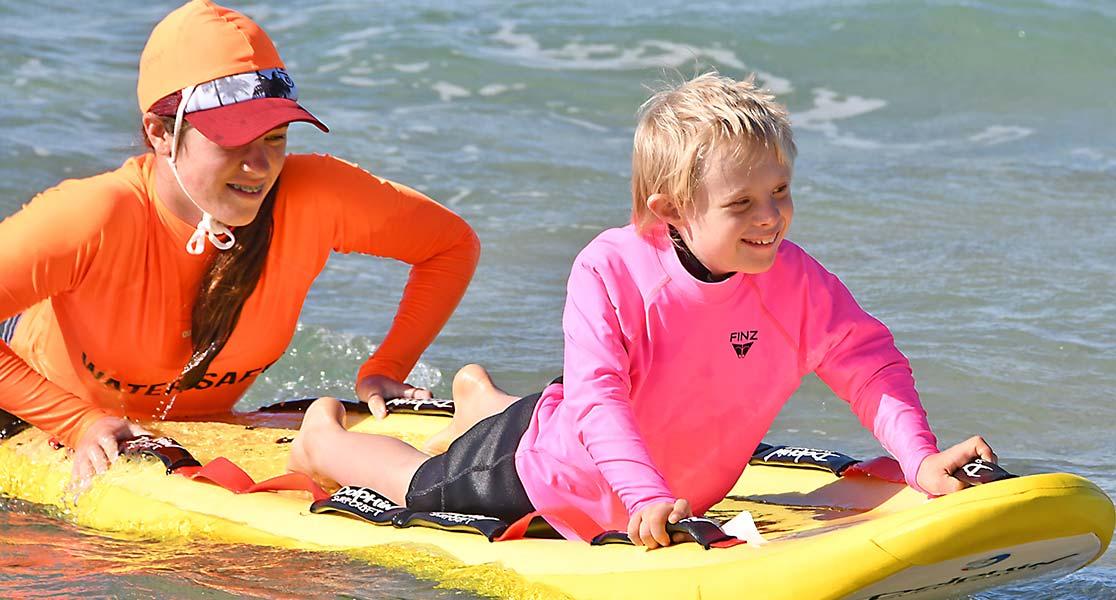
Children on the autism spectrum are less physically active and have lower rates of community participation than non-Autistic children. Our research identified what made it easier and harder for Autistic children to be included in Nippers, an Australian-wide beach education program. Read more
Improving interactions with criminal justice professionals

Little is known about Autistic people’s interactions with criminal justice professionals on a global scale. The Global Autism and Criminal Justice Consortium, conducted the largest research study to explore Autistic people’s perceptions of their interactions with the criminal justice system. A policy brief was devised to guide criminal justice agencies worldwide in making adaptations for Autistic people. Analysis of the research data will inform policy, strategies and future research directions. Read more
Making shoe shopping autism friendly
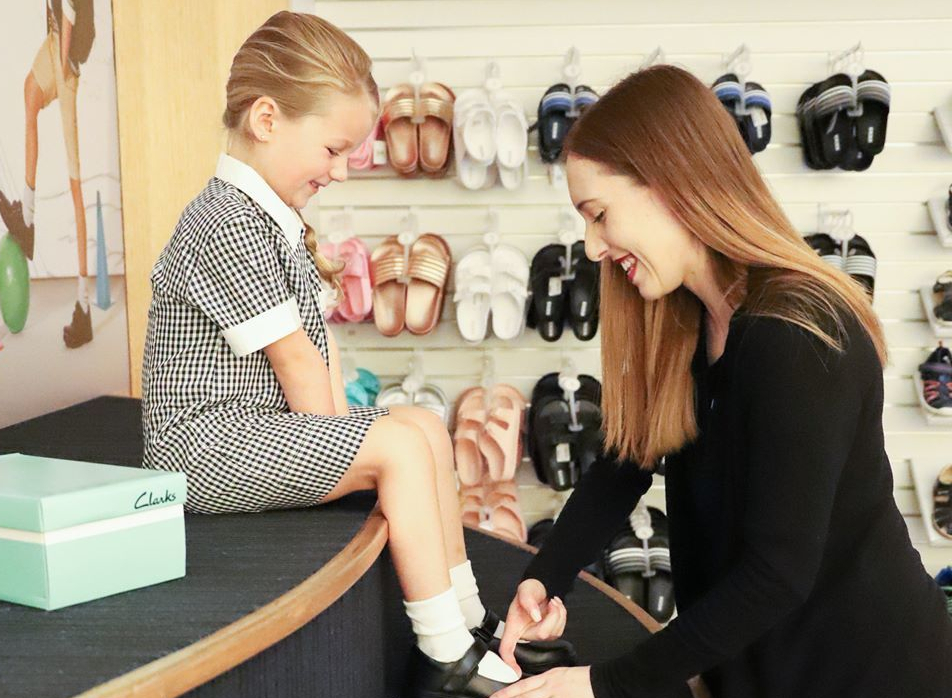
Autistic children can experience difficulties with wearing and shopping for shoes. We asked parents of Autistic children about their child’s experiences with shoes. The research findings indicated that an ongoing program of autism awareness training for shoe shop staff and a range of adaptations to services could improve the in-store experience for Autistic children and their families. Read more
Stay in Touch
Complete the form below to receive the latest autism practice research news: new studies, research updates, events and more.




